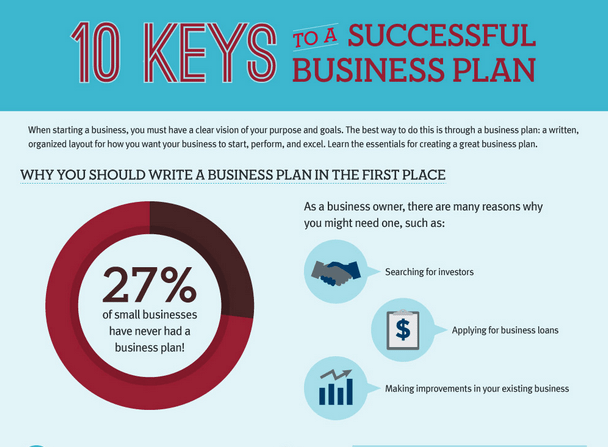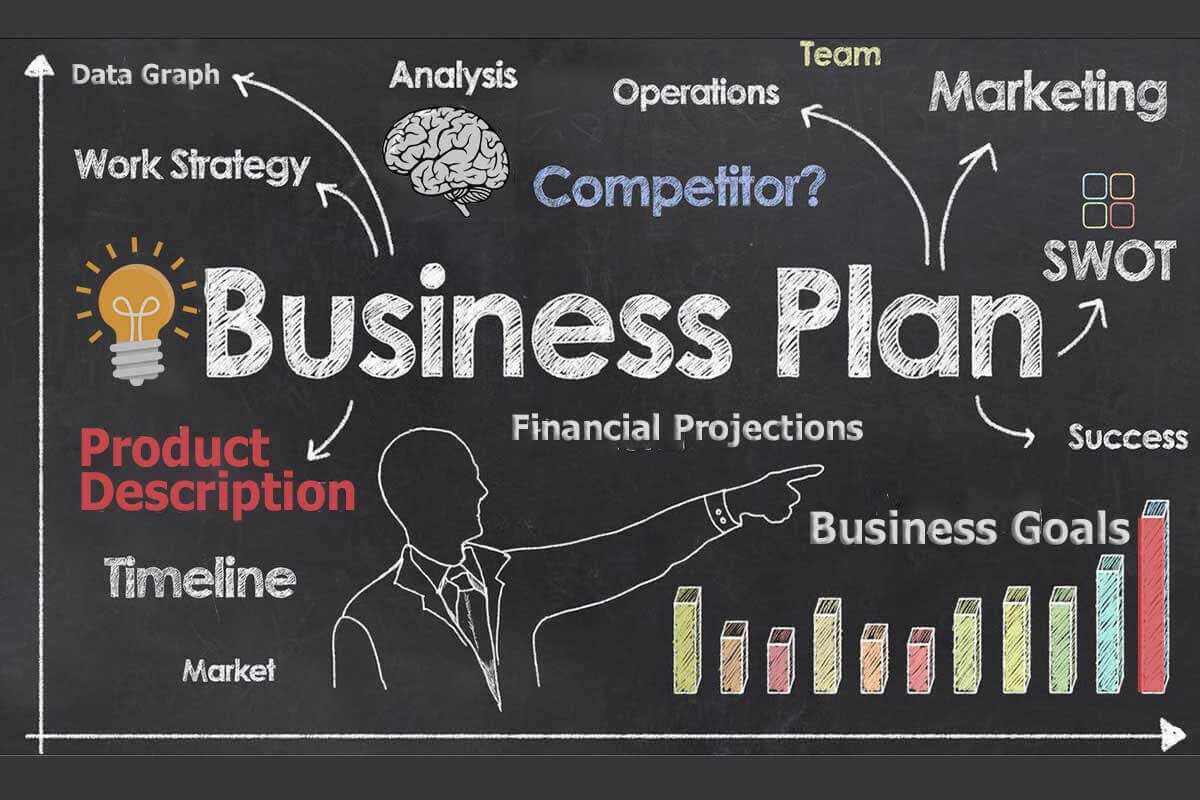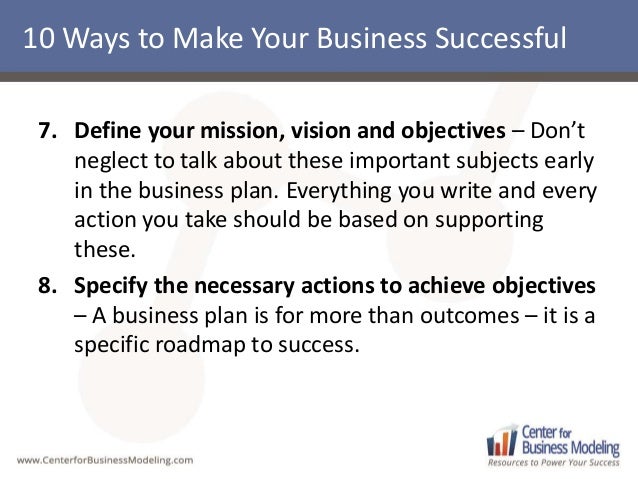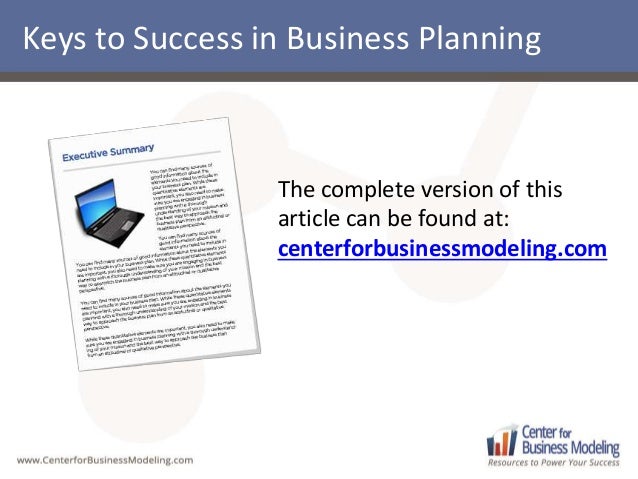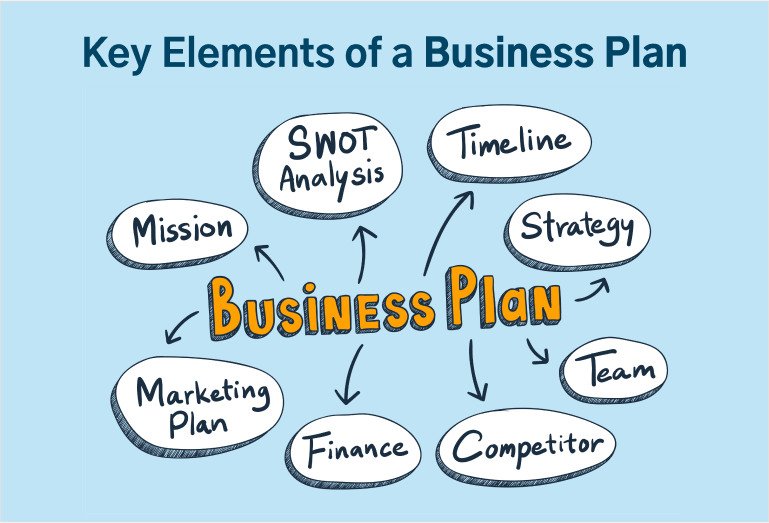How To Write Keys To Success In A Business Plan
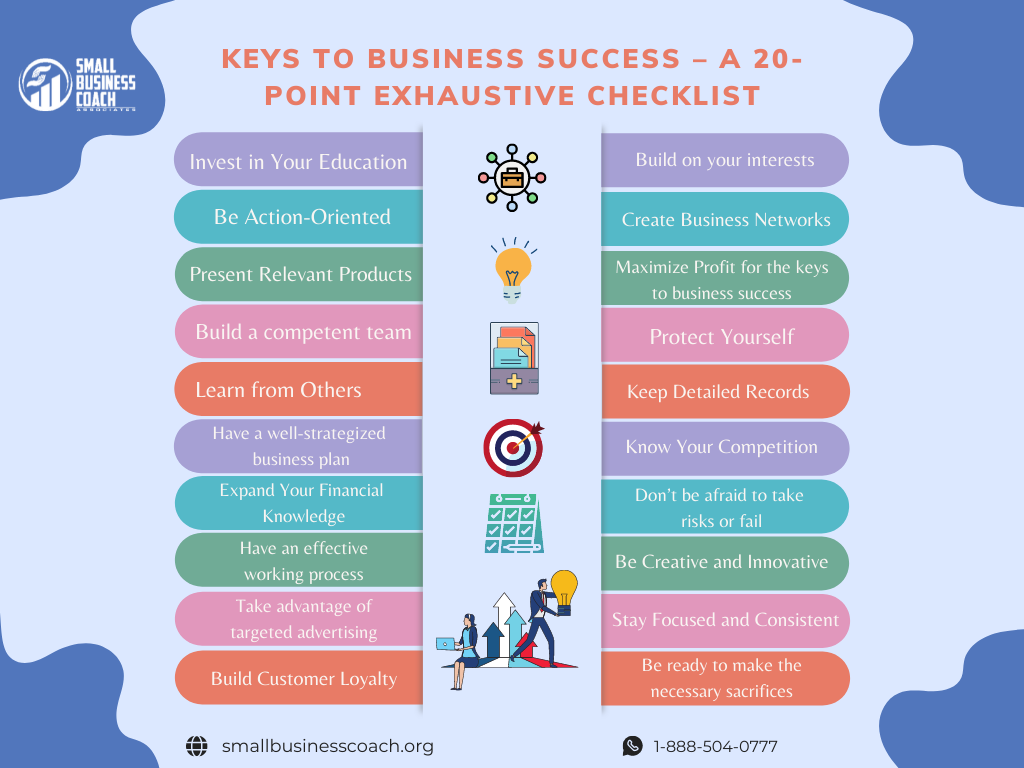
In today's volatile economic landscape, the dream of launching a successful business hinges on meticulous planning and strategic foresight. Many ventures falter not from lack of innovation, but from the absence of a robust business plan – a roadmap that navigates the complexities of the market and charts a course towards profitability.
A well-crafted business plan isn't just a document; it's the cornerstone of a thriving enterprise. It's a tool to secure funding, guide operations, and adapt to ever-changing market dynamics.
The Core Components: Building a Solid Foundation
The essential ingredients of a compelling business plan start with an executive summary. This is a concise overview of your business concept, mission, and goals. Investors and stakeholders often rely on this summary to gauge initial interest.
Next, a detailed company description is vital. Articulate your company's mission, vision, values, and unique selling proposition. This section should highlight what sets you apart from the competition.
Market Analysis: Knowing Your Battlefield
A thorough market analysis is paramount. You must identify your target market, its size, trends, and potential growth. This includes a deep dive into your competition's strengths and weaknesses.
According to the Small Business Administration (SBA), businesses that conduct thorough market research are significantly more likely to succeed. Don't underestimate the power of understanding your customers and competitors.
A well-defined SWOT analysis (Strengths, Weaknesses, Opportunities, and Threats) provides a clear snapshot of your internal capabilities and external environment.
Organizational Structure and Management Team
Showcase your company's organizational structure. Clearly outline the roles and responsibilities of key personnel. Highlight the experience and expertise of your management team.
Investors look for a capable team with a proven track record. Be sure to present the qualifications and backgrounds of your key players.
Service or Product Line: Defining Your Offering
Clearly define your products or services. Articulate their unique features, benefits, and competitive advantages. Explain how they solve a specific problem or fulfill a market need.
Marketing and Sales Strategy: Reaching Your Customers
Outline your marketing and sales strategy. Detail how you plan to reach your target market and acquire customers. Explain your pricing strategy, promotional activities, and distribution channels.
Consider incorporating digital marketing strategies, social media engagement, and content marketing initiatives. A comprehensive marketing plan is essential for attracting and retaining customers.
Funding Request: Seeking Investment
If you are seeking funding, specify the amount of capital required. Explain how you intend to use the funds and the projected return on investment for investors. Provide a detailed repayment plan, if applicable.
Transparency and realistic financial projections are crucial for securing funding. Be prepared to answer tough questions from potential investors.
Financial Projections: The Numbers Tell the Story
Develop realistic financial projections, including income statements, balance sheets, and cash flow statements. Project your revenue, expenses, and profitability over a specific period. Be conservative in your estimates.
According to a report by PwC, many startups fail due to poor cash flow management. A solid understanding of your finances is vital for long-term sustainability.
Include break-even analysis to illustrate the point at which your business becomes profitable.
Avoiding Common Pitfalls
One common mistake is creating an overly optimistic plan. Be realistic in your projections and acknowledge potential challenges. Conduct thorough research and avoid making unsubstantiated claims.
Another pitfall is neglecting to update the business plan regularly. The business landscape is constantly evolving, and your plan must adapt accordingly. A living document that reflects current market conditions.
"A business plan is not just a document to secure funding; it's a living roadmap that guides your business decisions," - John Doe, CEO of a successful startup.
Conclusion: Charting a Path to Success
Crafting a successful business plan is an ongoing process that requires dedication, research, and a willingness to adapt. It's a valuable tool for securing funding, attracting talent, and navigating the challenges of entrepreneurship.
By focusing on the core components, conducting thorough market analysis, and avoiding common pitfalls, entrepreneurs can increase their chances of success and build a thriving business.
